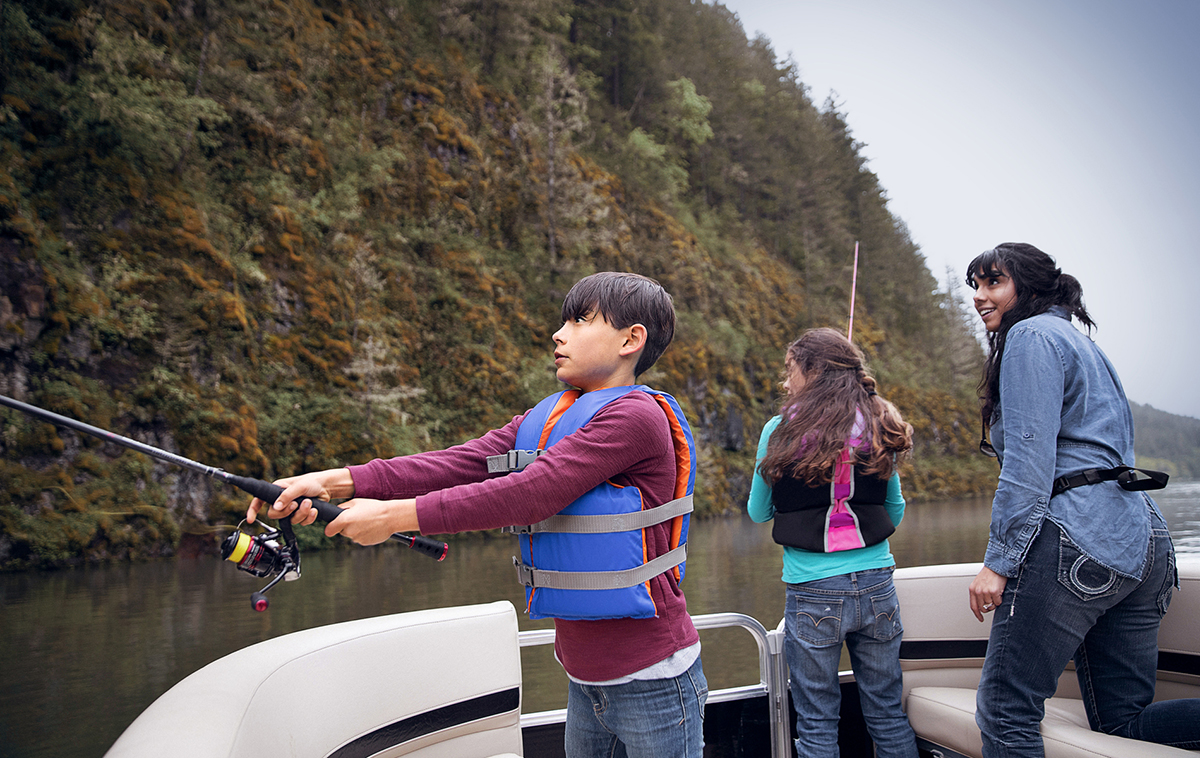ORR shares results of member survey on COVID-19 impact

An Outdoor Recreation Roundtable (ORR) member survey, in partnership with the Oregon State University Outdoor Recreation Economy Initiative, finds that the outdoor recreation industry is facing dramatically decreased sales and revenue, difficulties with production and distribution and large numbers of furloughs and layoffs.
ORR surveyed its member trade associations representing over 100,000 businesses from RVing and camping to boating and fishing to hunting and biking businesses about the impacts their organizations and member companies have felt since the pandemic began. According to the responses of the 20 participating national outdoor recreation trade associations, representing businesses with nearly 2 million employees, the impact is startling:
- Of the businesses this survey represents, 89%, are experiencing difficulty with production and distribution, with 68% experiencing significant impacts.
- 79% of these businesses have laid off or furloughed a portion of their workforce, with 11% closing, or laying off most of or all of staff.
- 89% of outdoor industry businesses are experiencing a decrease in sales with 39% seeing a decrease of 50-75% or greater.
- 80% of outdoor industry trade associations are seeing a decrease in revenue with 30% seeing a decrease of 50-75% or greater.
“We knew there have been tremendous impacts to our members and to the entire outdoor recreation industry, but our survey results show the traumatic impact on every sector and to the heart of this once thriving economic engine,” said Jessica Wahl, Executive Director at Outdoor Recreation Roundtable. “Just a few short months ago outdoor recreation was growing faster than almost any other industry, contributed over 778 billion dollars to the U.S. economy and employed over 5.2 million Americans. To see that 79 percent of outdoor businesses have had to lay off or furlough employees and that 89 percent are seeing decreased revenue is jaw dropping.”
Typically, a point of pride for the outdoor industry is its connection and relationship with rural and “gateway” communities but unfortunately because fewer Americans are able to recreate in these places, and retail is closed, rural communities are suffering. National unemployment data that came out yesterday verifies that some recreation based communities are seeing disproportionate increases in unemployment averaging 57% in Colorado and 25% in New Mexico.
ORR representatives said these are the reasons the organization is working tirelessly on smart fixes to the CARES Act to help more small businesses in our sector and urging Congress to take further action to help the outdoor recreation industry and our rural partners by passing the Great American Outdoors Act (GAOA) as soon as possible. GAOA includes essential funding for the maintenance backlog on our public lands that will help to stimulate local communities. It also provides full funding to the Land and Water Conservation Fund, ensuring that projects that bolster recreation dependent communities across the country will get done as Americans seek to get outside away from crowds and practice safe social distancing and healthy outdoor recreation in the coming months.
“Our association – along with our industry and the broader economy – has faced and continues to face significant challenges during the COVID-19 crisis, which are gravely jeopardizing our long term health and the vital services we provide our nearly 1,400 members,” said Nicole Vasilaros, senior vice president of government and legal affairs for the National Marine Manufacturers Association. “With a little help from Congress, I am confident that we can weather the storm and help our industry navigate the rapidly evolving situation. And as life begins to return to normal and more Americans look to get outdoors, the recreational boating industry stands ready to answer the call and get boaters back out on the water.”
ORR said it will continue to share additional data and survey responses on a monthly basis from the outdoor recreation industry and additional sector respondents.




